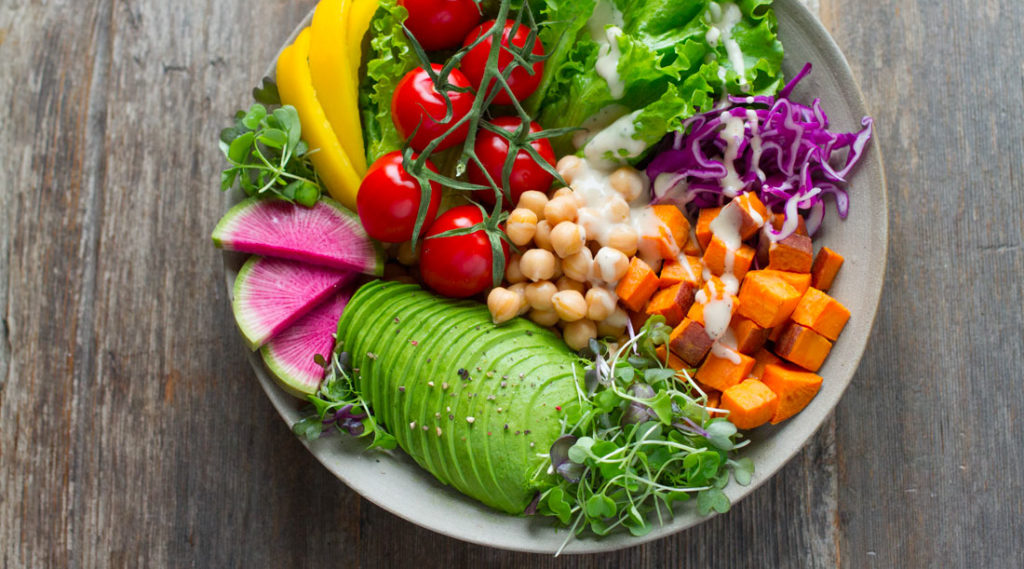“Diet and nutrition are vital keys to controlling and promoting morbidity and mortality from chronic diseases” (Watson & Preedy 2010).
Before we go any further, I don’t like to use the word ‘diet’, the word ‘diet’ sucks, the word diet signifies restrictions and crazy approaches with unrealistic goals with no real possibility for any kind of effective healthy maintenance.
Diet shouldn’t signify any restrictions and fads, the true meaning of the word diet, means a way of life, it’s a derivative from the ancient Greeks, the true meaning of the word diet purely signifies a person’s choice of nutrition.
Eeeeeeeeverybody is essentially on a diet, your sequence of choices of what you eat ARE YOUR DIET. Eating foods from the earth, avoiding processed garbage, nutrition tailored to your biological make up, activity level, exercise, portion control, likes, dislikes, allergies, intolerance’s, finances and availability are all factors to account for and are what constitutes a good diet, and of course, moderation and context are massively important.
So, now that I’ve flapped my gums about the meaning of the word ‘diet’, lets actually talk about the title of the blog post.
VEEEGGGGGIIIIIIIEEEEEESSSSS.
An integral part of any nutritional approach should involve a wide variety of veggies.
That’s it, blog post done….
(tumbleweed)…..Joking of course..
Most people know that veggies are beneficial and healthy for us, but yet fail to make the connection that the more we eat them, the easier it is to maintain a healthy energetic life full of vitality, which creates the bi-product of shifting a few pounds of fat and becoming leaner in the process.
Most vegetables are low in macronutrients (protein, carbohydrates and fats), but are so densely packed with essential vitamins and minerals, fibre and water which all are crucial to optimising your health (Chooi 2008). Vegetables are an integral component to all fitness related goals from muscle gain, fat loss and cardiovascular endurance, just to name a few. They are literally treasure troves of nutrients.
Why?
Vegetables obtain water soluble/fat soluble vitamins and micro/macro minerals, which enable the body to work at an optimum level regardless of whether you are trying to lean down or bulk up.
Veggies enable the body to efficiently utilise the calories found in macronutrients (protein, carbs and fats) by working behind the scenes to help assist in the synthesis of new tissue (muscle gain), the energy transfer process, hormone balance, immunity, nerve transmission and movement aid (there are 100’s more), they ultimately are the ‘go getters’ to every reaction in the body.
Protein, carbs and fats seem to get all of the lime light because they have energy, and we as a society seem to be obsessed with calorie counting rather than focusing on appropriately giving the body the nutrients it needs to function properly. Through an effective digestive activity based on vegetable consumption, which enables protein, carbohydrates and fats to fulfill their purposes, we can then achieve vitality, health and a successful weight management strategy (Lustgarten et al 2013).
Vegetables have a very low-calorie content and provide a feeling of satiety and provide roughage to our diet. An effective nutritional approach regardless of your goal simply put, must involve vegetables (Brandlin 2011).
Veggies, provide a luxury which other foods do not, they enable us to eat eat eat and eat, which provides us with a nourished healthy fullness.
This is because veggies are low in calories, highly nutrient dense, high in fibre and low in sugar, which results in a feeling of being full without the unnecessary blood sugar spikes, which we get from processed foods.
It’s a basic human survival instinct to want to feel full. The only problem is, which is a big one in modern civilization, we still have this prehistoric survival mode, and as a society choose foods to fill ourselves that are processed, high in synthetic trans fats, hugely high in sugar and vastly low in nutrients, creating lethargy, obesity, disease and a general lower quality of life. It’s a health pandemic.
The need for education about the body, nutrition, exercise and mental fitness has never been so needed.
The power of organic compounds is un-rivalled.
We are turning to the use of dietary vegetables, medicinal herbs, and their extract to help prevent disease and cancer (Watson & Preedy 2010). There is a positive correlation between higher vegetable consumption among populations and a reduced possibility of certain cancers and diseases compared to less vegetable consumption among populations and an increased risk of certain cancers and diseases (Watson & Preedy 2010).
Taking the previous paragraph in to account, it’s at this point where I want emphasize that the main focus when embarking on new fitness orientated goals, should start with the recognition of the bigger picture, which I believe to be the initial intent and focus on improving one’s health and vitality, then the inevitable physiological desired adaptations will then surface as a result of a holistic, educated approach to training and nutrition.
Get munching on some veggies to optimise your health and to take your physique to the next level.
References
Brandlin, R. (2011). Modern Common Sense on Health & Fitness with 20 Healthy Recipes to Reduce Your Calories.
Chooi, O, H. (2008). Vegetables. For Health & Healing. Utasan Publications & Distributors Sdn Bhd.
Lustgarten, M. et al. (2013). Serum Predictors of Percent Lean Mass in Young Adults. Journal of Strength & Conditioning Research. Published Ahead of Print.
Watson, R, R. & Preedy V, R. (2010). Bioactive Foods in Promoting Health: Fruits and Vegetables. Elsevier Inc.

